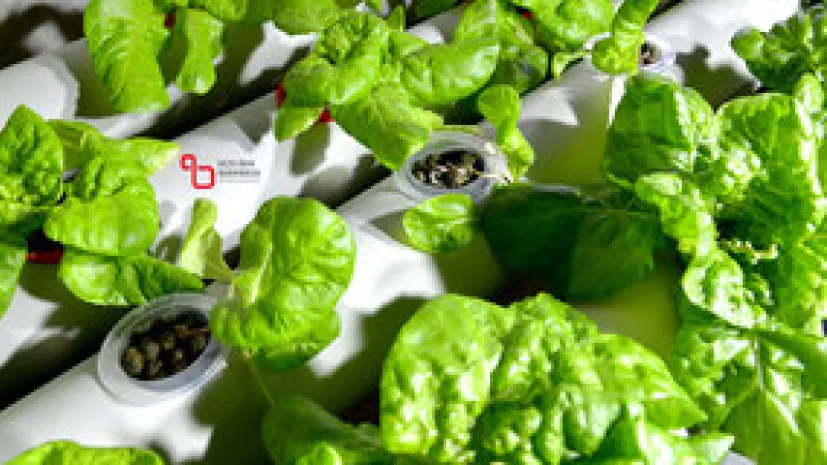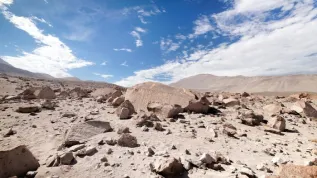-
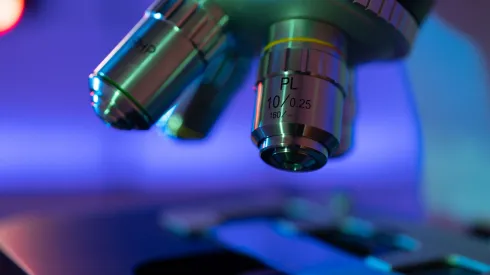
Scientists from Gdańsk discover two new species of parasites
Scientists from Gdańsk have discovered two new species of parasite.
-
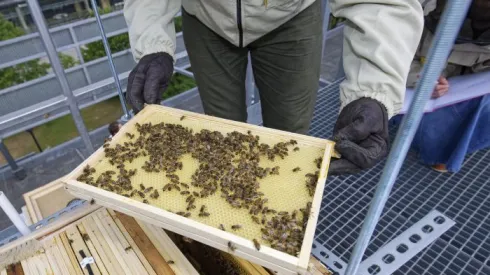
Scientists monitor bee health in ‘unique’ apiary on roof of university
Scientists from the Faculty of Environmental Engineering of the Wrocław University of Science and Technology are working on measuring instruments and devices that will help in the care of bee families. They have set up an apiary called 'Ulopolis' on the roof of one of the buildings on the main university campus.
-
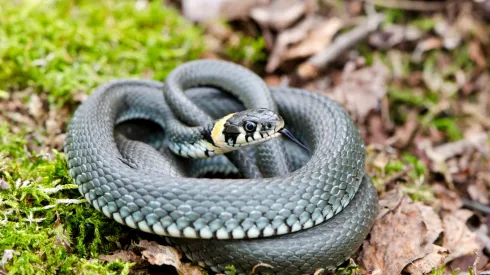
Significant changes in grass snake population over last 40 years
Scientists have noticed disturbing changes in the grass snake population near Kraków over the last four decades. Firstly, there was a decrease in the average body size of the snakes, and the proportion of the sexes, in which females used to dominate, is now even, say scientists from the Jagiellonian University. All this can negatively affect the dynamics of the population, they warn.
-
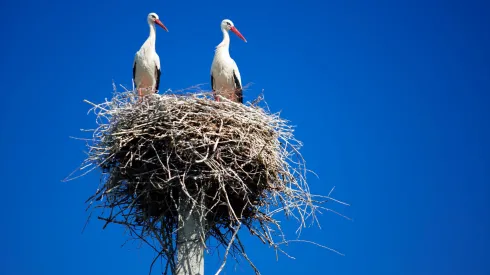
Stork nests can be up to 2-3 meters high and weigh over a ton, says expert
An ornithologist searching for the biggest stork nests in Europe says some can be up to 2-3 meters high, weigh over a ton and be filled with string and foil and even gloves or underwear.
-
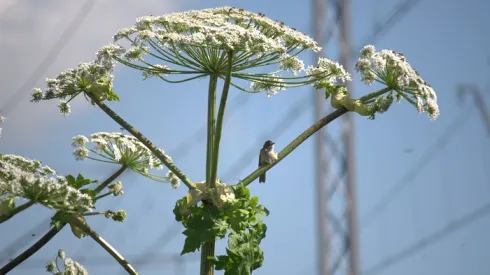
Hogweed in the environment reduces the diversity of bird species, says study
Caucasian hogweed should be removed from open areas and their invasion in other habitats should be prevented as even a small amount of them adversely affects birds, say scientists from Czechia and Poland.
-
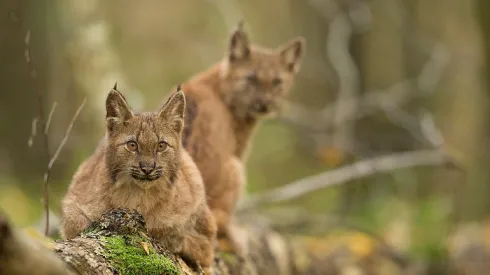
Lynx adjust the time of birth to the climate
Despite the reproductive synchrony of lynx in Europe, these large predators are able to adapt the timing of birth to different climatic conditions. This was demonstrated in the study by international team of researchers with the participation of Polish scientists.
-
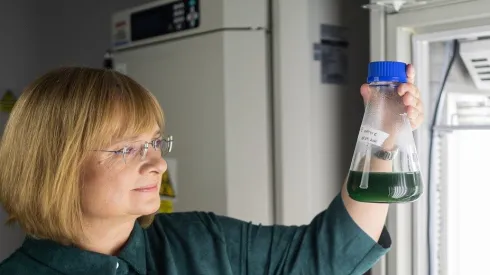
Warsaw researchers grow new strain of ‘special tasks’ microalgae
Warsaw scientists have grown a new strain of red algae that can be used in the fuel and pharmaceutical industries, in environmental protection, and in fundamental research - genetics, biology and cell evolution.
-
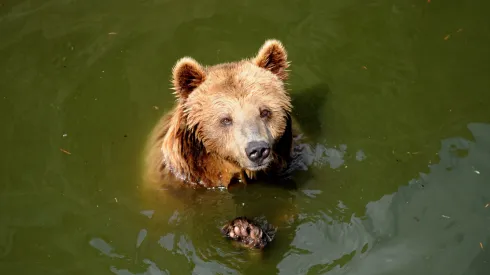
From air-conditioned rooms to special bathing areas, Warsaw zoo animals have ways of coping with heat
In addition to air-conditioning, showers and bathing areas, animals at Warsaw zoo have numerous ways of dealing with hot temperatures, says the zoo’s head of social communication.
-
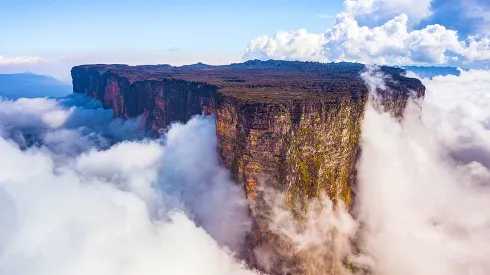
Planet’s last ‘Lost World’ threatened by ‘human fungus’, says scientist
Wildlife in a ‘Lost World’ which inspired the Jurassic Park and King Kong movies is under threat from a human-borne fungal pathogen.


